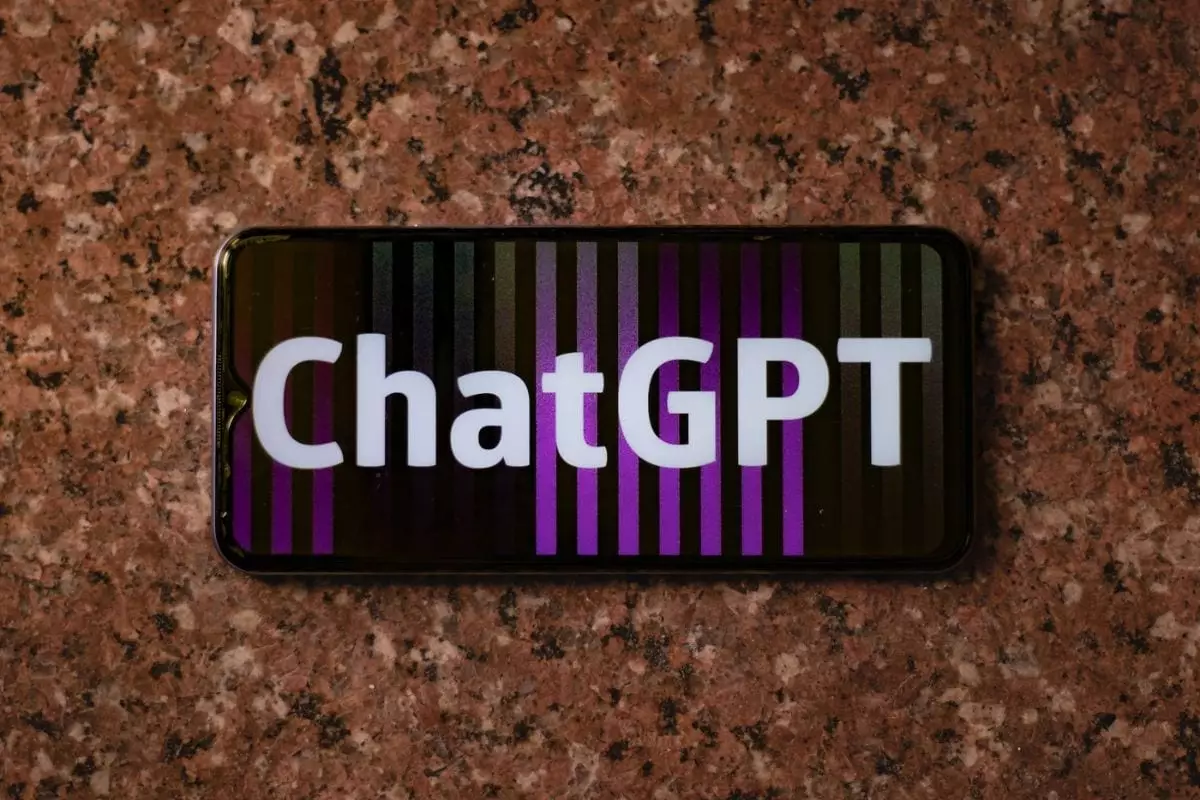OpenAI recently introduced a new artificial intelligence (AI) model that aims to catch mistakes in code generation made by GPT-4. This chatbot, named CriticGPT, was developed using the reinforcement learning from human feedback (RLHF) framework and is based on one of the GPT-4 models. The primary goal of this new model is to enhance the quality of AI-generated code produced by large language models.
The CriticGPT model is designed to identify errors in code generated by another AI model called ChatGPT. According to OpenAI’s blog post, users who received assistance from CriticGPT in reviewing ChatGPT code outperformed those without help 60 percent of the time. The model leverages RLHF, which combines machine-generated output with human feedback to train AI systems effectively. Human evaluators, also known as AI trainers in this context, provide feedback to improve the model’s performance.
CriticGPT was trained on a substantial dataset containing code with errors. The AI model’s task was to detect these mistakes and provide feedback on the code. AI trainers were instructed to insert errors into the code and then write feedback as if they had identified those errors. Subsequently, the trainers compared the errors they introduced with those naturally occurring in the code.
OpenAI reported that CriticGPT outperformed ChatGPT by 63 percent in error detection. Despite this promising result, the model still exhibits limitations. It was primarily trained on short code strings and has not been tested on more complex and lengthy tasks. Additionally, the model tends to generate incorrect responses, a phenomenon known as hallucination. Moreover, CriticGPT has not been evaluated for scenarios involving multiple dispersed errors in the code.
OpenAI has not disclosed any plans to make the CriticGPT model available to the public. The primary purpose of this model is to assist OpenAI in refining training techniques for generating high-quality AI outputs. If CriticGPT does become accessible to users, it is likely to be integrated into the ChatGPT platform for code review purposes.
OpenAI’s CriticGPT represents a significant advancement in the field of AI-generated code evaluation. While the model shows promise in detecting errors and providing feedback, further testing and refinement are necessary to address its current limitations. This innovative approach to combining human feedback with machine learning techniques has the potential to enhance the overall quality of code generated by AI systems.

Leave a Reply